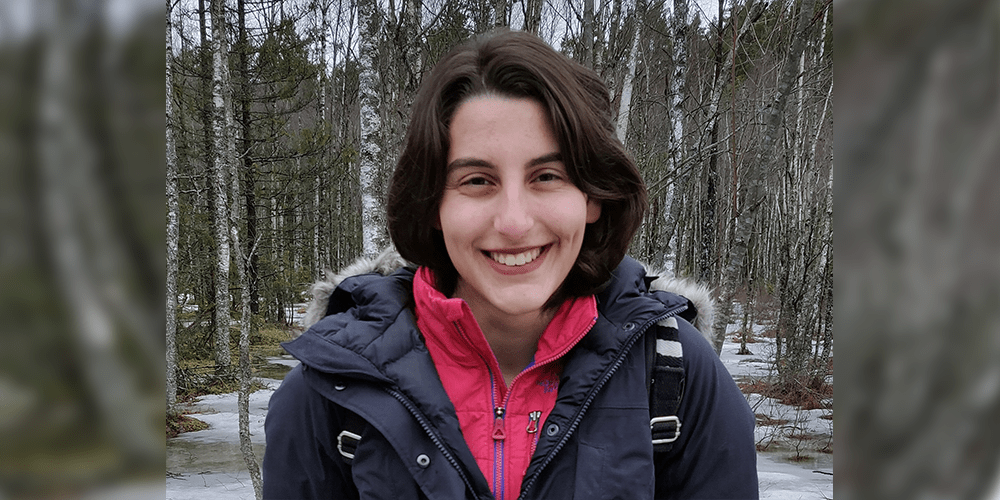Author: Andrea Francesca Bellia
This summer, I was fortunate to experience the rigorous process of academic research and publishing. Under the supervision of Dr Sandro Lanfranco, I examined the efficiency of using a drone to obtain large-scale vegetation maps, which resulted in a paper in the journal Xjenza Online. The study shows how influential technology has become, even in traditionally ‘low-tech’ fields like ecology.
Without drones, vegetation maps would normally require a large team, and several days or weeks of surveying. The use of drones has enabled us to cut costs, time, and resources. This allowed us to image and analyse vast expanses of land in a fraction of the time. I learnt how to pilot the drone and navigate its software. I also acquired skills such as photographic imaging, image analysis, and flight physics throughout the study – sometimes by trial and error.

Our final product, which was eventually published after several unnerving weeks of peer-review, was the culmination of a long but worthwhile learning process. Although publication gave a short lived sense of accomplishment, this was quickly replaced by the anticipation of further questions we wanted to answer. After spending hours in the sky, I’ve also realised that looking at familiar situations from a new perspective enabled me to see things that I would have missed. Another lesson is that in science, you don’t just do what’s asked; you always do just that little bit more!
While working on this project, I’ve learnt how to recognise patterns and interpret them, to query everything and ask the correct questions; ones that are actually impactful and relevant to the world today. But most importantly, I’ve grasped the beauty of science, which definitely isn’t memorising and regurgitating what we’ve been taught; it’s the exhilaration of discovery. Science is an attitude as well as a lifestyle, not something you can just go into half-heartedly — never be afraid to ask ‘why?’
This research was carried out in the Department of Biology (Faculty of Science).
Further reading:
Bellia, A. F., & Lanfranco, S. (2019). A preliminary assessment of the efficiency of using drones in land cover mapping. Xjenza, 7(1): 18-27. DOI:10.7423/XJENZA.2019.1.02





Comments are closed for this article!